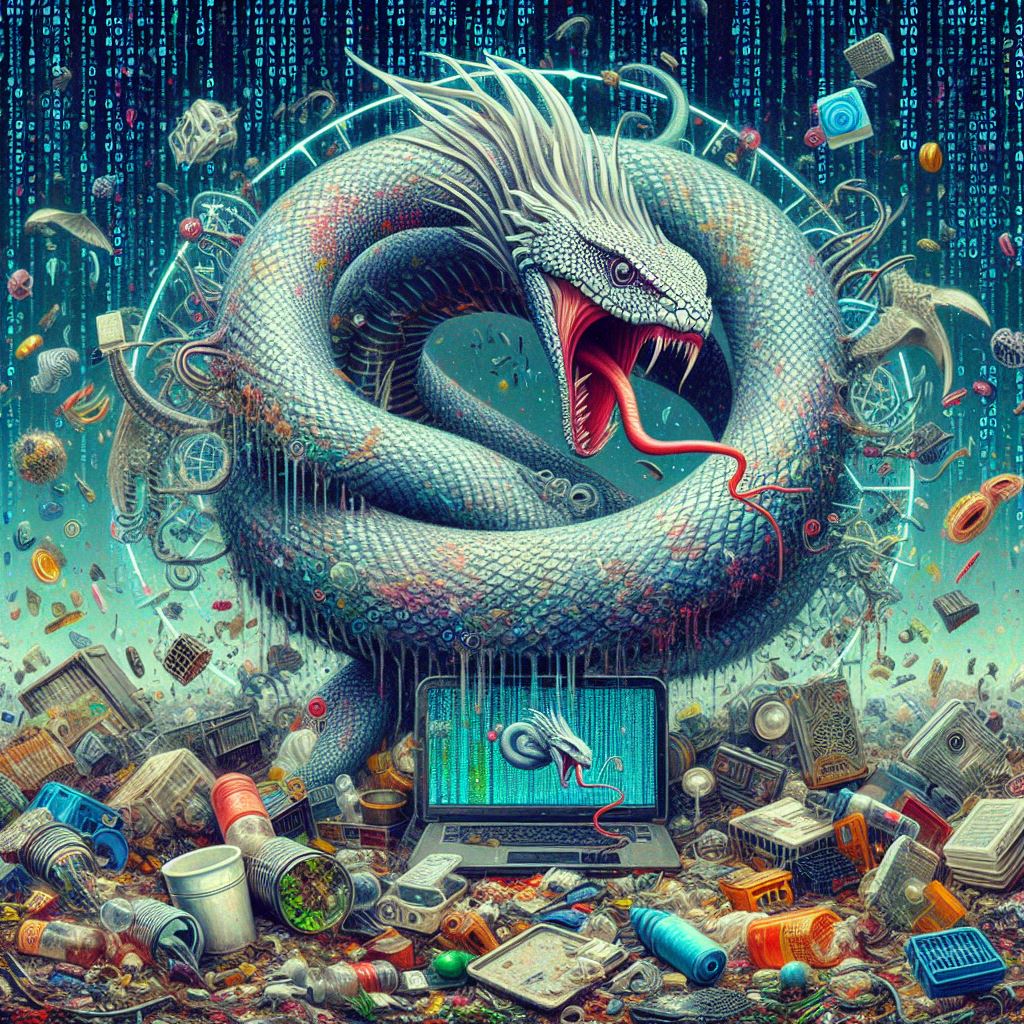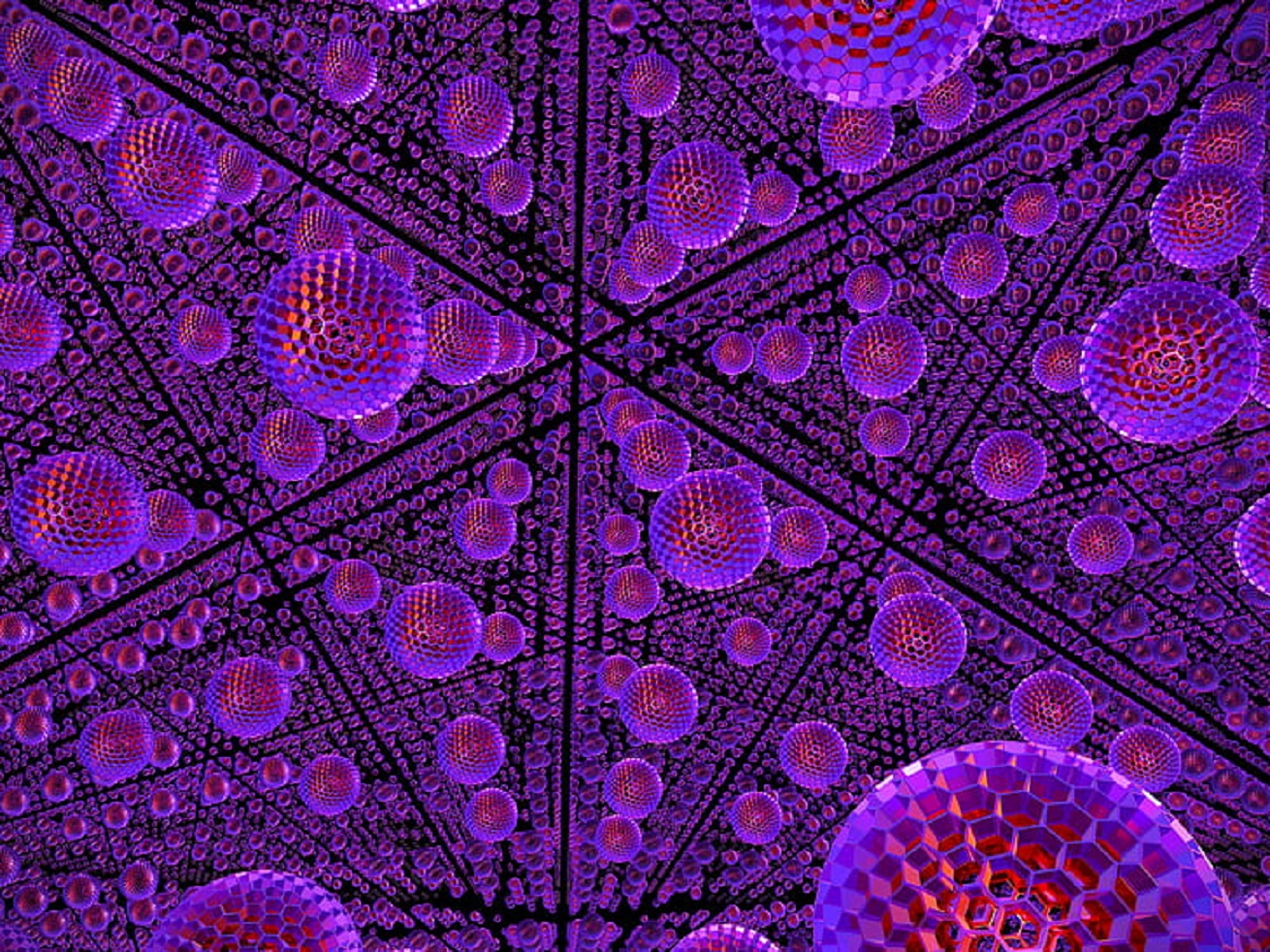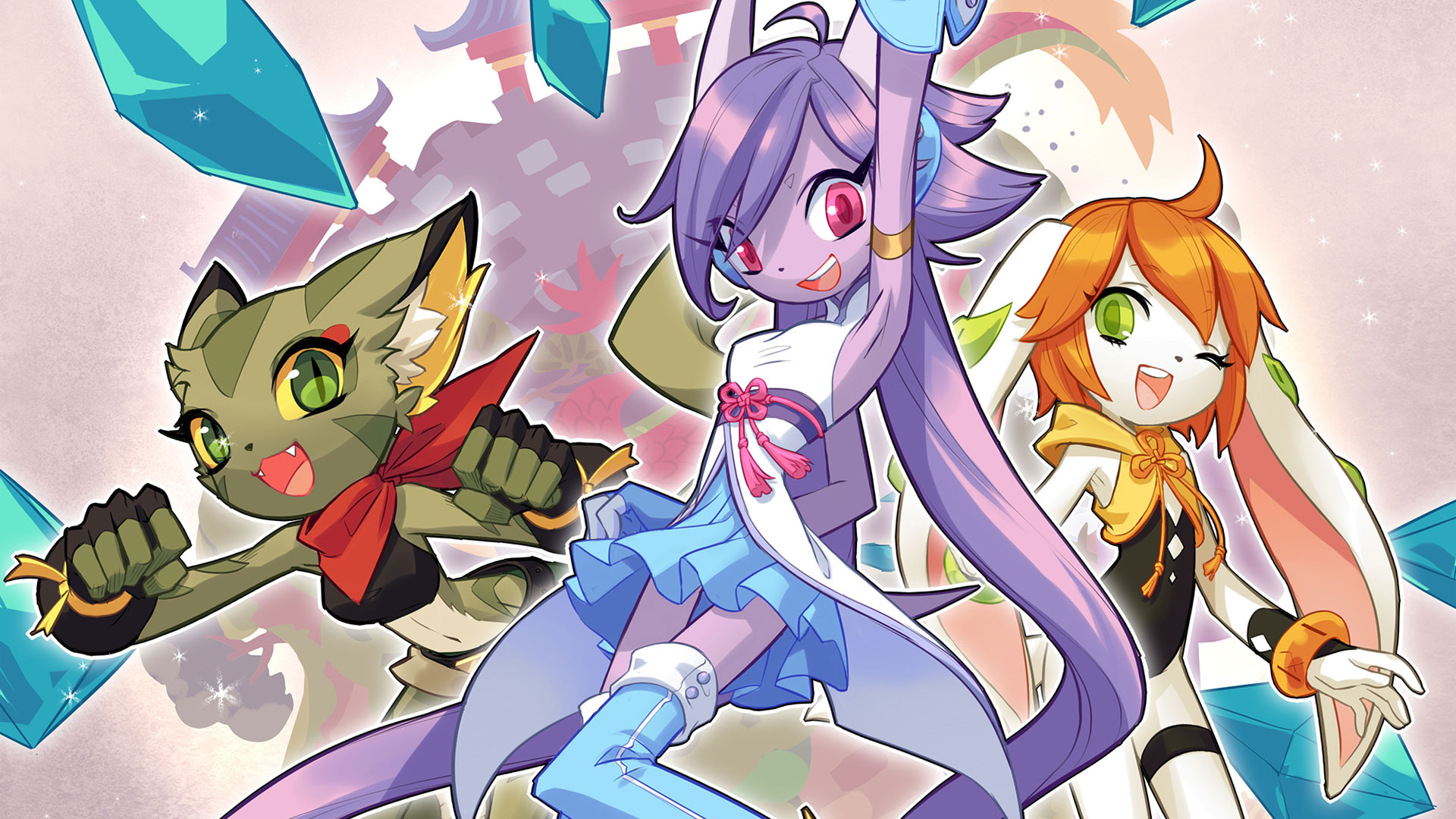What is the Virtual Compulsive Environment? This turns out to be a hard enough question to answer – the VCE (we might say) is what is being sold to us full time. The VCE is what is being sold to us, sold to us, sold to us every day of our lives. In order for it to exist, we have to buy into it. In order for it to exist, we have to buy the product every time the product is advertised. We pay for the much-hyped product that is being sold to us all the time with the only coin there is – we buy it with our being, our essence. We are trading our being for the dubious privilege of living in the Virtual Compulsive Environment, which we then get completely trapped in. Our being is gone, so we get to be full-time slaves to the VCE.
This – we need hardly say – is not the greatest of all possible deals! It’s actually the worst deal going. It’s not a deal it’s a con and this is without any doubt the biggest con going. This is called ‘selling your birth-right for a mess of pottage’. It is also called ‘selling your soul to the devil’. These are saying or allegories for the deal whereby we trade being or essence for full-time residence in the Virtual Compulsive Environment.
There is no compulsivity associated with essence, with being. Being is the state of transcendent freedom; the VCE, on the other hand, has no freedom whatsoever in it (as the name tends to imply). In the VCE we go where we are told to go; we go where we are led, we go where we are shoved. In the VCE we are ‘obeying machines‘. It’s all push and shove in the VCE – there’s nothing else to it! It’s all incentivization; it’s all push and pull. When we are buying into the deal that is being offered to us by the System of Thought (which is the advertising agency) we are constantly being pushed from behind or pulled from ahead and we have no choice but to go along with it. We are now the helpless playthings of the compulsive forces that make up the Virtual Compulsive Environment.
Along with this state of abject slavery to ubiquitous compulsive forces comes something else. What comes along with this is what we might call ‘the complete delusional package’ – we have the delusional perception that we aren’t being pushed and pulled the whole time, which is to say, we have the delusional perception that it is actually ourselves who want to do whatever it is that we are being compelled to do. There is no such thing as free will in the VCE (obviously enough!) but there is nevertheless the illusion of free will…
So in the VCE we are the playthings of mechanical forces but because we are 100% identified with these mechanical forces we perceive ourselves to be perfectly free. We perceive ourselves to have free will. This turns out to be a very robust illusion – we will continue to believe that what these mechanical forces want us to do is the same thing as what we want to do, we will be convinced of this right to the bitter end! It’s a super-robust illusion – they don’t come any more robust than this. It persists and persists. It persists no matter what!
The complete ‘illusion-package’ that we are talking about persists as stubbornly as it does because we keep on buying into it. We’re addicted to buying into the illusion-package, we’re addicted to what the illusion-package is providing us with, to what the VCE is providing us with. We might envisage what this is by thinking in terms of a ‘commodity’ – the commodity in this case being what we might call ‘the commodity of concrete existence’. We get in other words to feel that we are this concrete self – the concrete self that exists in relation to all of the mental objects that it feels either attraction or aversion to. We get to be so absolutely convinced that we are this concrete self that we would never question it for a moment, possibly not for the whole of our lives.
When I experience desire towards a mental object (or mental construct) then I am defining myself in terms of terms of that object. I am ‘the one who desires the object’ – I am ‘the wanter’. I am ‘the one who is hoping to attain the goal of securing the object’. I am ‘the controller’ and the point of my controlling is that I will (hopefully) get to obtain the desired outcome and avoid the undesired outcome. The point of my controlling is to win and avoid losing – both of course being the same thing. Aversion is thus the same thing as desire only it is reversed – I am still ‘the controller’ only the game is the other way around now.
Playing the attraction / aversion game either results in my success in ‘obtaining’ / ‘avoiding’, or in my failure at the same. The good feeling that I get as a result of successfully obtaining the desired outcome is exactly the same as the good feeling I get as a result of successfully avoiding or escaping the feared outcome. It’s the same thing. Similarly, the bad feeling that I get as a result of failing to obtain the desired outcome is the same thing as the bad feeling I get as a result of not avoiding the feared outcome.
The key thing – as we have already indicated – about playing this game is that we have zero choice in either trying to obtain the wanted outcome or avoid the unwanted one. This lack of freedom is inherent in desire and fear – being desirous or fearful means that we have no choice in the matter! Our only ‘freedom’ lies in trying to obey the mechanical compulsion correctly so that we get the reward. When we successfully obey the compulsion then our reward is euphoria, and when we are unsuccessful in this regard then our punishment is dysphoria. Or we could just say that the reward is pleasure and the punishment is pain. Where the illusion comes in – as we have also already said – is in the way in which both desire and fear (wanting and not wanting) to be expression of our own true volition. The only time the illusion wears thin is in the case of extreme craving or extreme aversion, where we can easily see that the motivation is not volitional (if we are reflective enough to notice this at the time). The illusion is therefore that my ‘likes’ and ‘dislikes’ (my ‘preferences’) very much belong to me. And it’s not just that they belong to me – they go to make me up. My likes and dislikes are me, in other words.
The illusion that we are talking about here is thus two-fold in nature – on the one hand we have the illusion of free will (i.e. the illusion that what the mechanical compulsion wants is what I want) and on the other hand there is the illusion that there IS a concrete self (the concrete self that either wants and doesn’t want) and that I AM it! The illusion of free will and the illusion that I am this concrete self that either wants or doesn’t want constitute the ‘complete package’ that the VCE supplies me with. This package becomes the whole world for me – it becomes everything. It defines the limit of my possible experiences. It becomes ‘all that there ever could be’…
The concrete self and its objects (its attachments) equal ‘the Virtual Compulsive Environment’ therefore. The two are not in any way different things. The concrete self and its relationships with the things that it either likes or dislikes is the VCE – that’s the limit of it! But the curious thing about this is that, in reality, there are no concrete objects. ‘Since the very beginning not a thing was‘, says Boddhidharma. There is Everything, but there are no separate self-existent ‘things’. There is therefore neither the object which is the concrete self, nor are there the objects which that ‘self-object’ experiences attraction or aversion to. The self isn’t real and neither are its attachments. There are no concrete objects at all, of any description! Concrete objects are really just our thoughts – the Virtual Compulsive Environment is the world of our thoughts, therefore.
The ‘lack of reality’ pertaining to the VCE (the absence of reality that is inescapably inherent in the world of our thoughts) displays itself in the compulsivity that permeates every aspect of it. There is no freedom in the VEC, as we have said, and that lack of freedom is the same thing as what we have called ‘compulsivity’.
Compulsivity means that we are forever grasping or reaching for something that isn’t there. We are never NOT reaching out for something that isn’t there and ‘there is nothing there’ because the world of our thoughts (the VCE) isn’t real! So of course we’re always reaching out!






